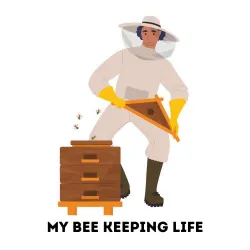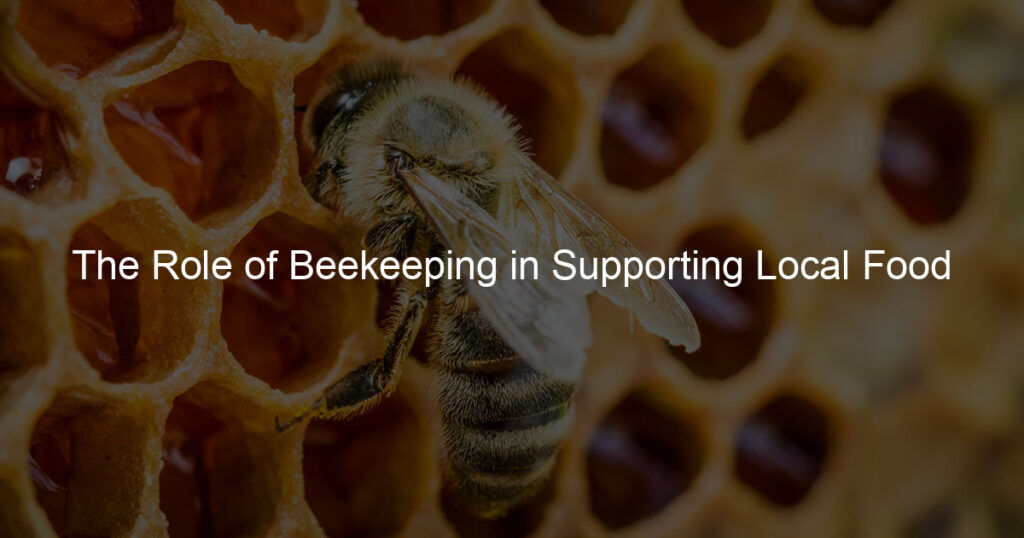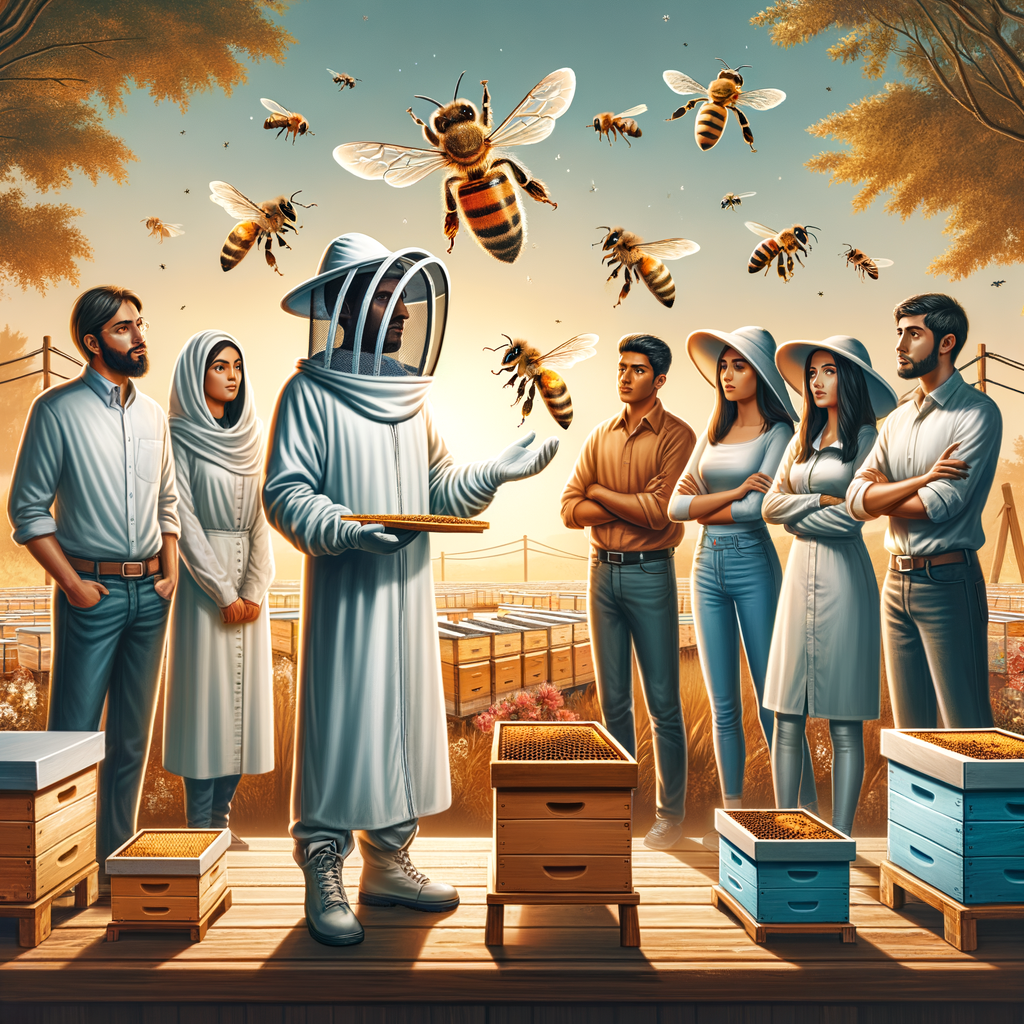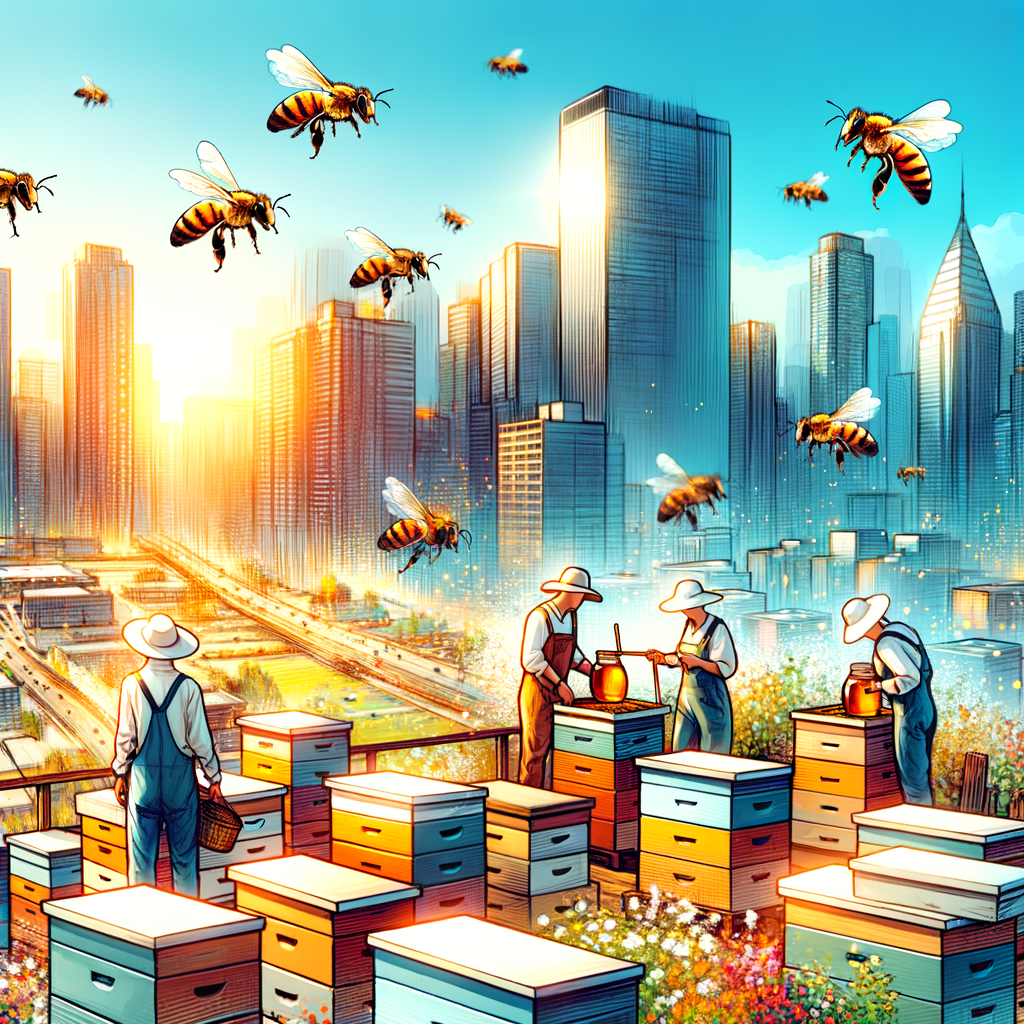As more and more people become interested in where their food comes from, the role of beekeeping in supporting local food systems is becoming increasingly important.
By providing pollination services to nearby fruit and vegetable growers, beekeepers are helping to ensure a steady supply of fresh produce for urban areas.
Additionally, by selling honey and other products made from beeswax, beekeepers are able to generate income that can be used to support their operations and further invest in their business.
As the demand for locally-sourced food continues to grow, beekeepers will play an important role in ensuring that city dwellers have access to fresh, healthy food.
What is the importance of urban beekeeping?
Urban beekeeping is an important and often overlooked practice that helps promote urban ecosystem health. Not only do honeybees help to pollinate local flora, but they also provide many other benefits within cities such as producing sustainable and locally sourced honey.
Studies have shown that bees, if cared for correctly, can help pollinate up to 70% of nearby vegetation in cities, helping urban wildlife and ecosystems thrive. Aside from this environmental impact, beekeepers are helping to reduce the risks associated with relying on imported honey such as reducing the risk of spreading diseases or importing pesticides.
Urban beekeeping is also a great way for communities to come together and work towards improving their local environment through sustainable solutions.
What role do honey bees play in our food system?
Honey bees play an integral role in the food system, as they are responsible for pollinating some of the most important crops that humans consume.
Without bees and other pollinators, foods such as apples, almonds, and various types of berries would be unable to grow naturally. Honey bee colonies are found across the world, not just in agricultural hotspots; these insects transport pollen from one area to another, allowing farmers to increase their crop yields.
Although there is increasing concern about honey bee populations dropping due to climate change and pesticide use, protecting these vital pollinators should be a top priority for anyone interested in preserving our food supply into the future.
What is the role of beekeeping in agriculture?
Beekeeping is an important practice in agricultural areas, as bees provide invaluable support to the environment and farming community.
Every spring and summer, beekeepers keep their hives stocked with European honeybees, which are uniquely effective at pollinating plants. As the bees travel from flower to flower, they help spread pollen to create valuable fruit crops that can be sold in local markets or used for consumption by farmers.
On average, a single hive of European honeybees can pollinate an area up to five miles around the apiary. In addition to pollination services, bees also produce small amounts of wax, honey, and other products that can be collected by beekeepers throughout the year.
By sustaining these essential habits and products, beekeeping is a key feature in sustainable agriculture that has been utilized for generations worldwide.
What are the 2 benefits of having bees in an urban environment?
Having bees in an urban environment can be a tremendous benefit to the community. Bees help pollinate plants and flowers, increasing the biodiversity of an area.
Additionally, they produce honey, which is a healthy and versatile food source that can be enjoyed by humans. Urban beekeeping also offers educational opportunities to teach people about the importance of bees to our ecology.
Learning how to keep bees in an urban setting can also offer city dwellers a fun way to connect with their natural surroundings. Having bees in an urban environment provides numerous benefits for both nature and human inhabitants that should not be overlooked.
Summary
Beekeeping can be an incredibly rewarding experience. From the initial preparation to the harvest of delicious honey or wax, it provides tangible and gratifying results.
It is an activity that has been practiced for centuries and helps support a wide range of local food systems in various urban areas across the world. The sweet reward of their labor not only serves as a fantastic product for their own enjoyment but also for the farmers and markets that sell it.
Beekeepers are an invaluable link between production and consumption, which throws open numerous avenues for integrated beekeeping within larger communities. With proper management and dedication to environmental stewardship, beekeeping can help encourage sustainable practices within urban areas.
All in all, beekeeping is an effective way to create systemic change on both a small and large scale – from producing fresh honey, wax, or propolis to contributing to ecological balance on a global level.








